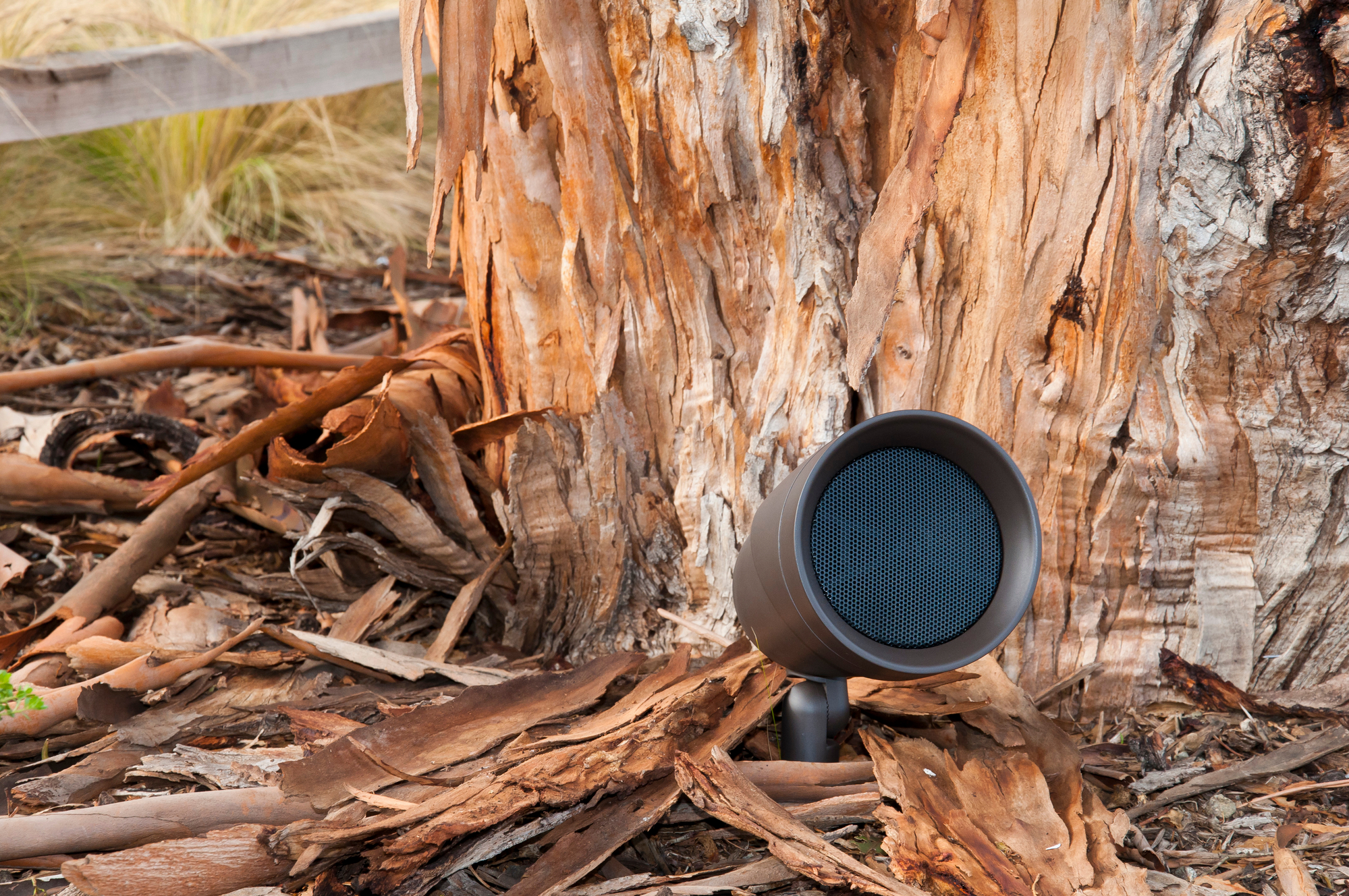When you're building a network for a connected home, you need more than just an Ethernet cable connected to the wall. If you want to use your home networking system for smart control, smartphones, computers, and media streaming, you're going to need a lot more than that. You're going to need a comprehensive solution that offers strong, reliable coverage in every corner of your space.
How can you build that type of network? By finding the best equipment possible and installing it in a strategic way. Below we take a look at the components you should include in your system and how they affect your network's performance.
See More: Is Your Network Equipped to Handle a Connected Home?
Modems
In most instances, the first piece of hardware you need is a modem to convert analog signals to digital so your router can read the signals. It communicates directly to your internet service provider (ISP) to receive both your internet and cable signals. As opposed to their dial-up or DSL predecessors, most modems today are cable modems with coaxial connections. These modern variations can also serve as routers, which we will discuss in the following section.


